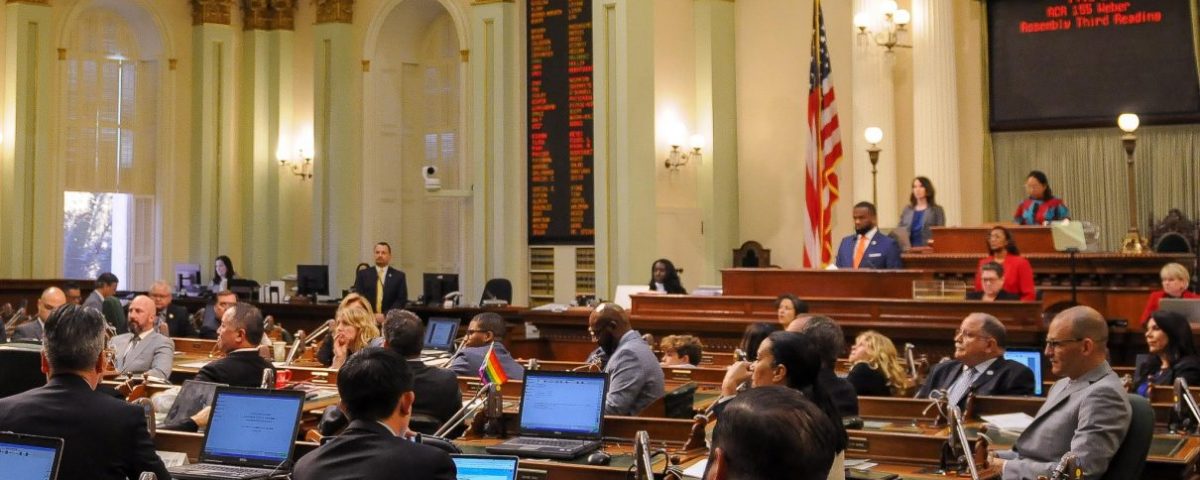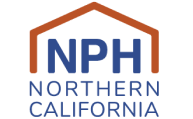Senator Wiener Introduces Legislation To Improve Transparency on The Financial Impacts of Critical Ballot Measures

State Budget Coalition Letter: Housing Investments for 2023-24 and Beyond
February 7, 2023Organized Labor: To Meet Its Goals, SF Must Get Real About Labor Standards, Affordable Housing
February 17, 2023
SACRAMENTO – Senator Scott Wiener (D-San Francisco) introduced SB 532 – legislation to improve voter transparency into the financial implications of ballot measures. SB 532 allows ballot measures to disclose their financial impacts in the voter information guide rather than the 75-word ballot label, which does not offer sufficient space to clearly explain complex financial measures.
“It’s vital that voters clearly understand the impacts of ballot measures, which are essential to raising funds for critical services like transportation, housing, and public safety,” said Senator Wiener. “By giving cities, school districts, and other our local government agencies more space to explain how a measure works financially, this good government bill gives voters a more accurate sense of how a ballot measure will affect them. It also gives agencies more flexibility to use progressive taxation structures and bond financing, which tend to be too complicated to explain clearly in 75 words.”
In recent years, the legislature has repeatedly amended state election law to require that the financial impacts of ballot measures be disclosed to voters, not as an independent statement but rather crammed into the 75 word ballot question. In 2015, the legislature enacted a law requiring a measure that imposes or increases a tax to include in the ballot label language “the amount of money raised annually and the rate and duration of the tax to be levied.” In 2017, the legislature passed further amendments applying the requirement to the issuance of bonds.
While well intentioned, these changes present massive — and at times insurmountable — challenges to transit agencies, school districts, cities, counties, hospitals, libraries, and other public entities that are legally required to rely on ballot measures to raise critical funds, especially for infrastructure projects. These local governments often raise funds using complex, tiered tax structures and bond measures, and describing that financial structure can take up all or most of the 75 word ballot label, leaving little to no room to explain how the new taxes or bonds will actually be spent to benefit the local community.
Moreover, simplifying bond measures’ financial implications into 75 words or less can actually mislead voters. Tiered tax systems are typically more progressive than flat tax proposals, but they are so complex that even a bare-bones description would be unlikely to fit into 75 words. Bonds are often issued in multiple series authorized by a single ballot measure, and so the actual tax rate can vary considerably year to year. To accommodate the new rules, both tiered taxes and bonds are forced to rely on averages, projections, or statutory maximums that may not be charged in any given year.
Unsurprisingly, many ballot measures introduced under the new rules performed worse in polls. Many agencies have seen a decrease of 5 to 15 percentage points in their polling as a result of the changes. To compensate, agencies across the state have considered less progressive tax structures, less flexible bond measures to fund projects—or in some cases, held off on placing a critically needed measure on the ballot entirely.
For example, 2017 polling for an affordable housing bond in San Diego with previous ballot label requirements illustrated support above the two-thirds threshold required. Yet, in 2018, after the ballot label requirements were changed to require the additional language, new polling showed a 13 percentage point drop in support. Multiple jurisdictions, including Anaheim Union High School District, Delta College, Jurupa Unified School District, and Newark Unified School District, saw insufficient support in polling in 2022, in part due to these additional requirements, resulting in the jurisdictions refraining from placing a measure on the ballot.
SB 532 would provide voters with a clearer picture of a ballot measure’s financial impact, while giving public agencies the space to both describe how the money will be spent and explain the financial impact in detail. The bill allows local governments jurisdictions to stick with the current law or to opt instead to include financial metrics in the voter information guide and to state the following in the ballot label: “See voter guide for measure information statement.” Further, to increase transparency and local accountability, SB 532 requires a local jurisdiction selecting this option to specify the reasons for doing so in the resolution calling the election. In the voter guide, they must explain the following financial measures in plain language:
- Public Benefits – A concise description of how the tax revenue will be spent to provide public benefits.
- Rates – For tiered taxes, a list of all the tax rates that are expected to apply under the proposed tax.
- Factors Changing the Tax Amount – A description of how the tax rate or rates may vary over time.
- Duration – An explanation of the duration of the tax stating whether the tax expires on a specific date, expires upon final payment of indebtedness, or does not expire until further action by the voters.
- Annual Revenue – The best estimate from official sources of the average annual dollar amount of tax revenue.
These changes ensure local jurisdictions can continue to work in partnership with their local communities in support of vital infrastructure and other key investments.
SB 532 is sponsored by the Nonprofit Housing Association of Northern California and the Coalition for Adequate School Housing. It is supported by San Diego Housing Federation, the California State Council of SEIU, and Urban Counties of California.
“Voters need clarity and transparency to meaningfully participate in planning our state’s future through the ballot measure process,” said Amie Fishman, Executive Director of Nonprofit Housing Association of Northern California. “This bill will fix confusing ballot label requirements, and ensure that community members have the information they need to weigh in on critical community services like schools and affordable housing. Make no mistake – though this is a bill about process, it very much has real outcome impacts for our communities.”
“With the support of community members, local bonds are the primary source of funding to renovate and build schools, including responding to priorities like the expansion of transitional kindergarten and improving indoor air quality,” said Jeff Becker, Chair of Coalition for Adequate School Housing, Office of the Fresno County Superintendent of Schools. “Current ballot label requirements cause significant voter confusion, denying children and communities access to 21st Century learning environments. This bill will ensure our community members understand both the benefits and the financial impacts of a proposed local bond, in a transparent and clear manner.”
“The current ballot measure requirements have left voters in the dark about critical investments in affordable housing and schools across California,” said Stephen Russell, President & CEO, San Diego Housing Federation. “This bill aims to fix that by providing clarity and transparency in the voting process, so voters can make informed decisions on what they believe matters most in their community. The stakes are high – this bill has real impacts for our communities, and we cannot afford to leave the fate of approving essential local bond measures in the hands of a confusing and unclear voting process.”
###

